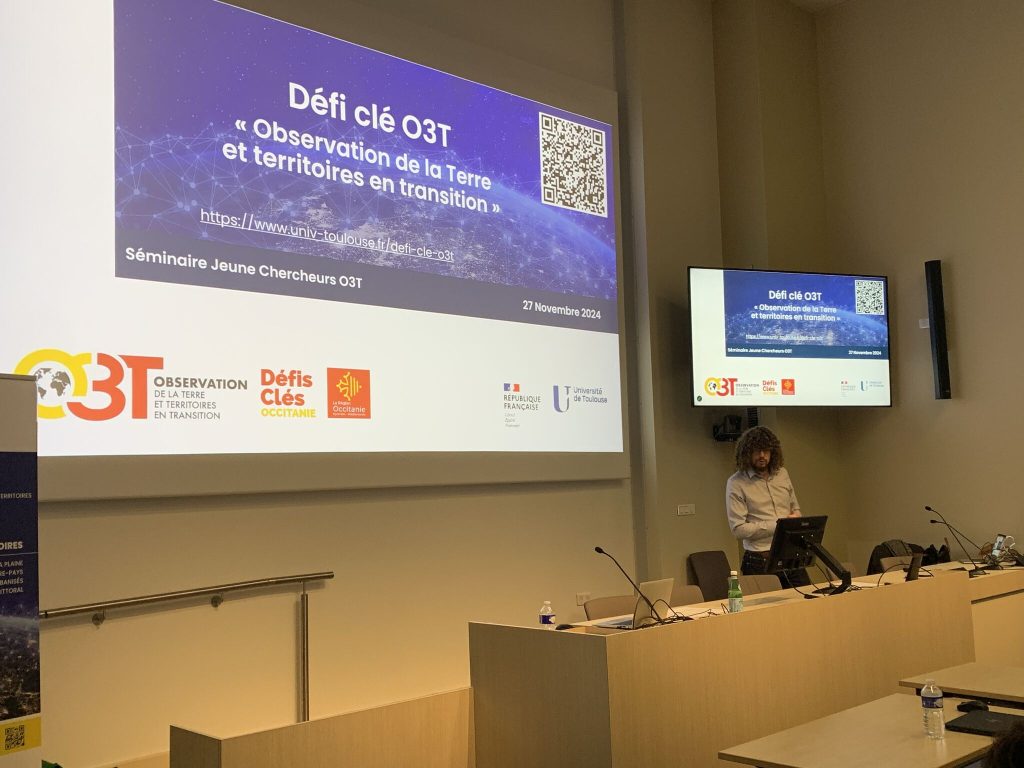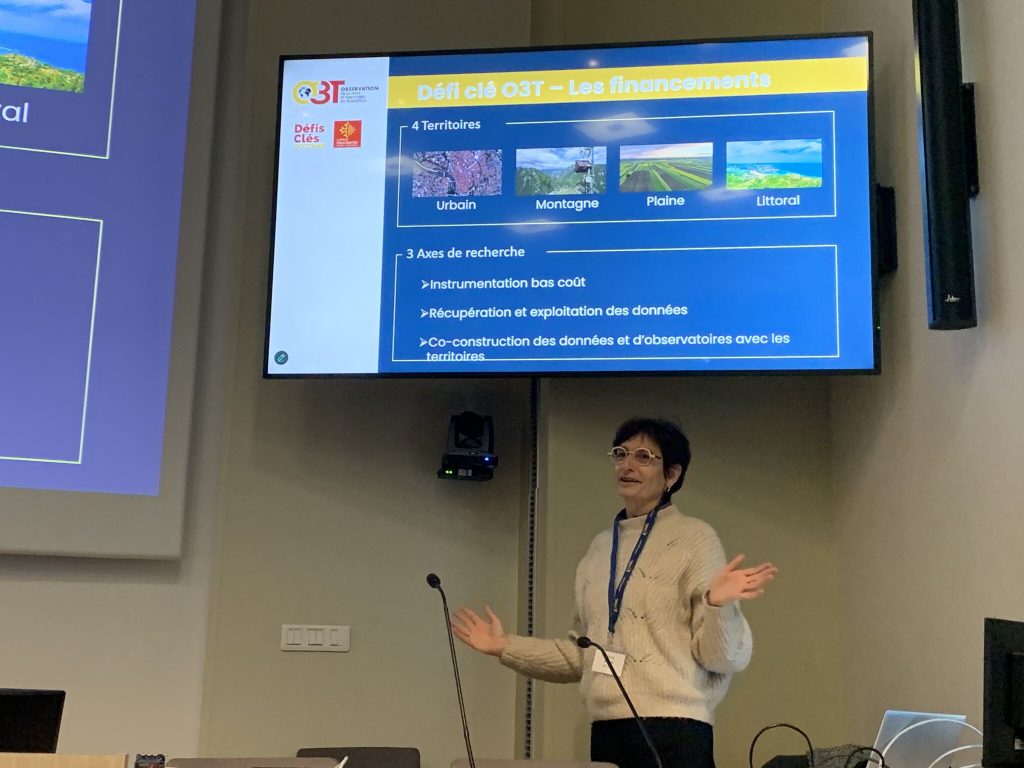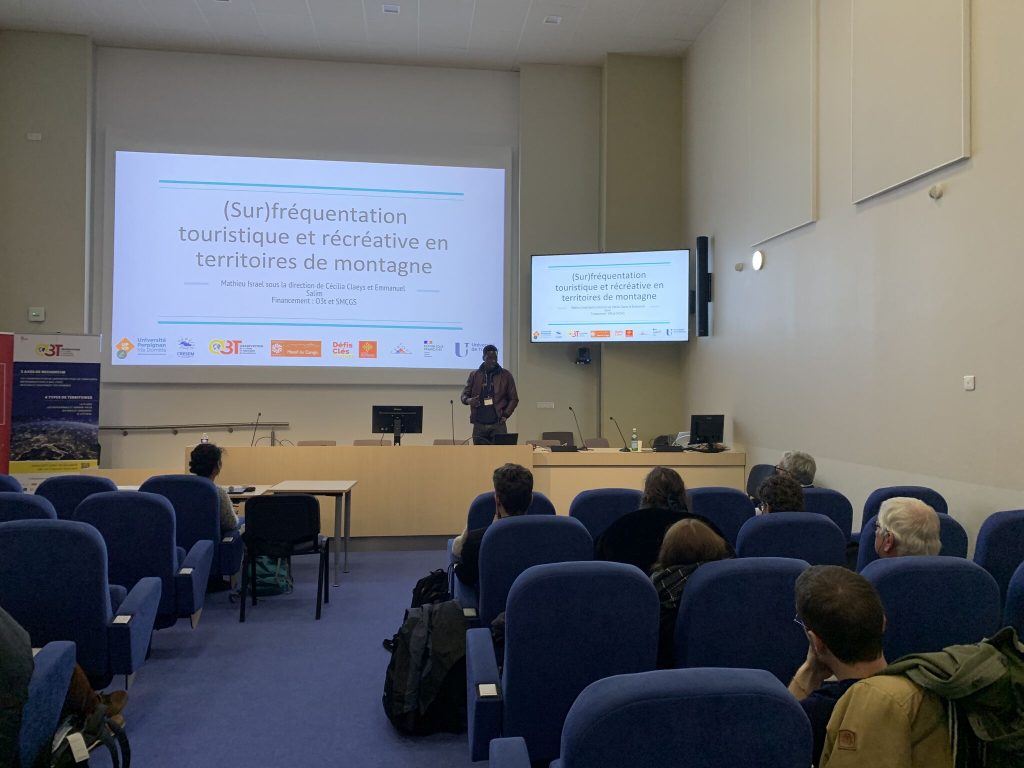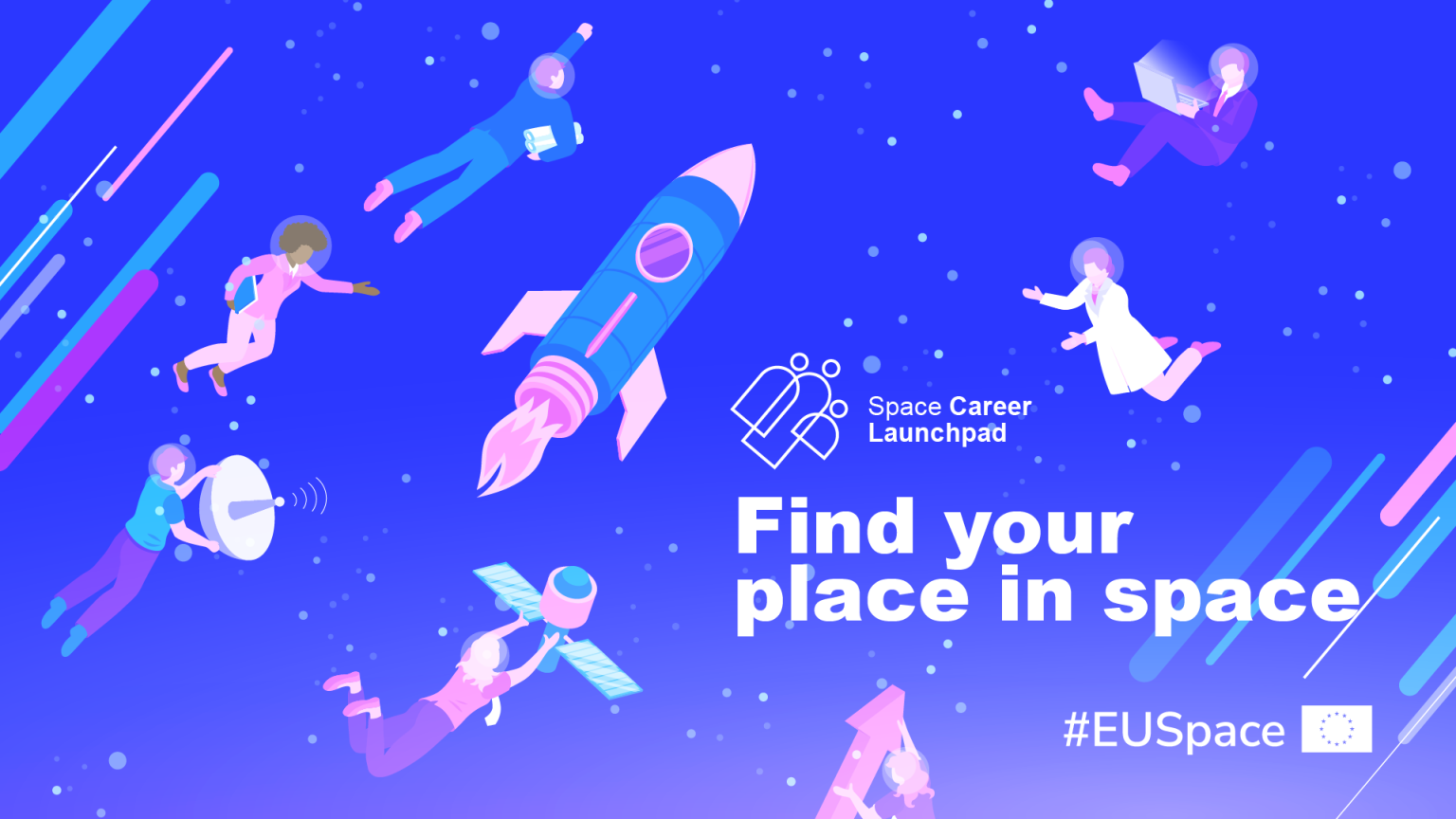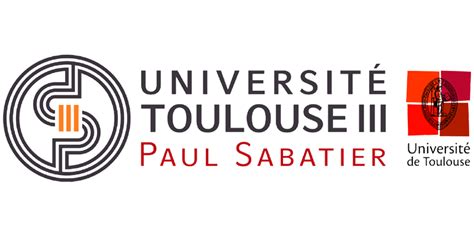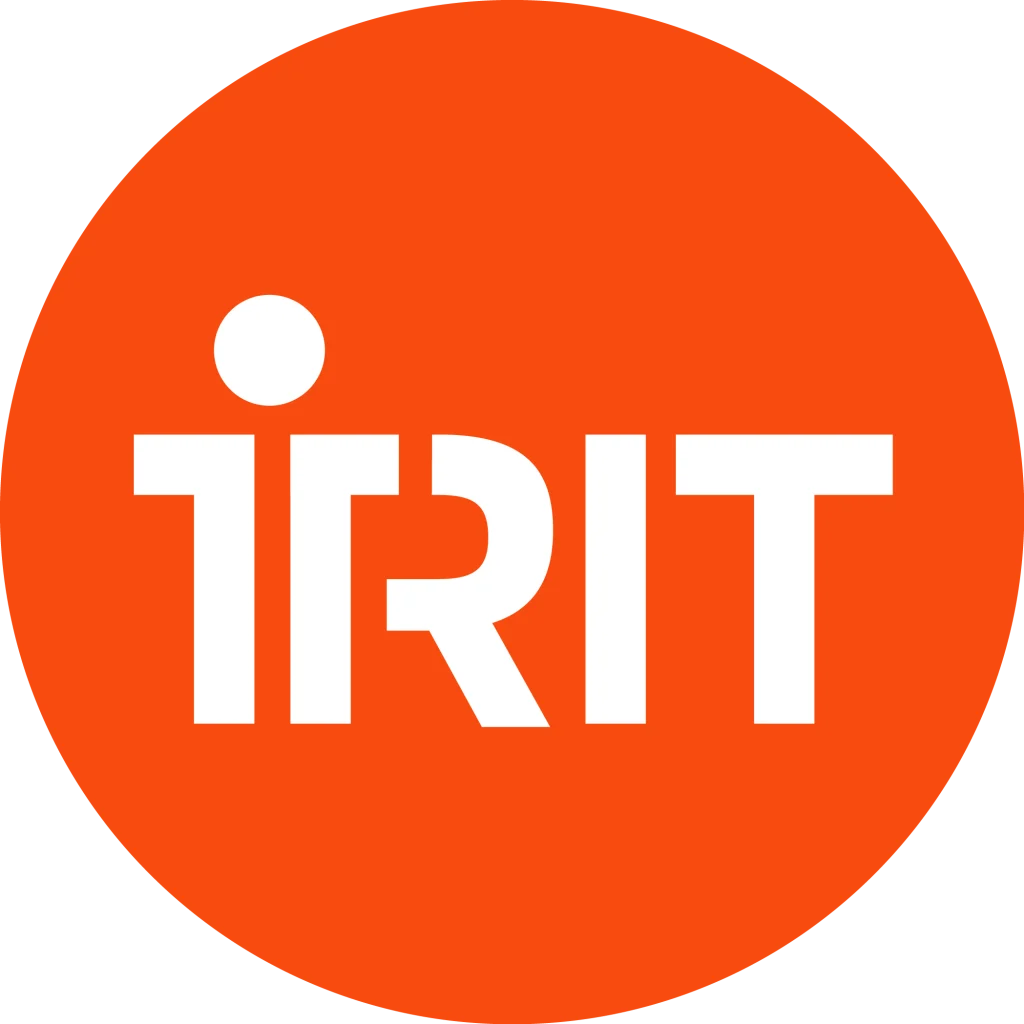The AI4AGRI newsletter relies on submissions from members of the project, please do not hesitate sharing AI4AGRI related news such as newly published papers, participation to conferences and events as well as information about related events and courses. Please send your submissions at the following address: serge.molina+ai4agri@irit.fr
Member highlight: Alexandra BAICOIANU, Transilvania University of Brasov
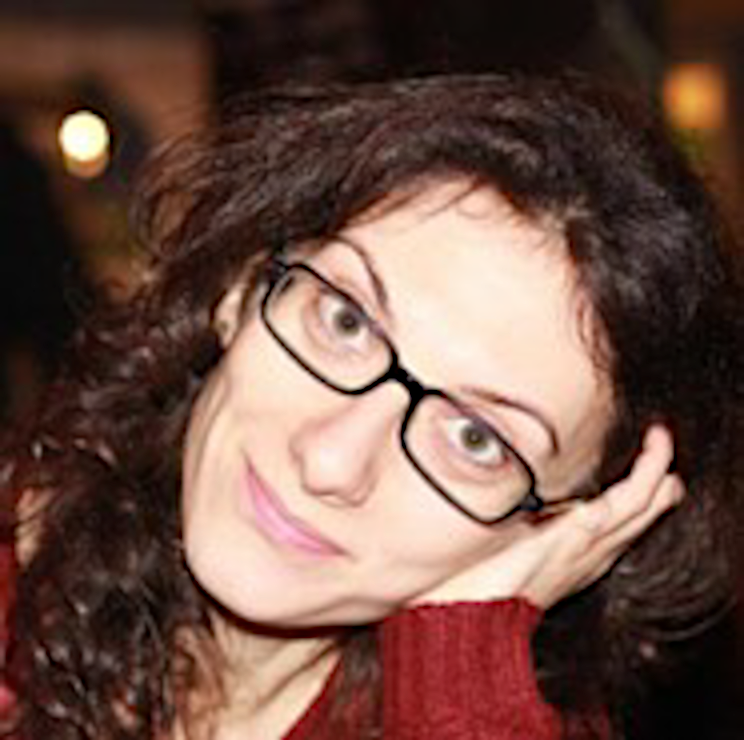
Alexandra BAICOIANU is a research engineer in the informatics field and received her PhD degree from Babes Bolyai University, Cluj-Napoca. At the same time and with a strong connection with her Siemens Industry Software research activity, she holds a position as an associate professor at Transilvania University of Brasov, teaching various courses and seminars. She published more than 30 scientific papers and is the co-author of 6 books. Also, she supervised tens of graduation and dissertations thesis, some of them in collaborations with IT companies.
She participated in various scientific projects, among which it is important to mention URBIVEL, DILSimEV, High-PErformance Computing of PersonAlized CaRdio-Vascular ComponenT Models, PANDA, IMOCO4E, NEMOSHIP, AI4AGRI and DITARTIS projects. She is part of the department’s Machine Learning research group and is also affiliated with the MIV Imaging and Vision research laboratory.
Her research interest and expertise are in the field of machine learning, formal languages and compilers, algorithms, remote sensing and Earth observation data, autonomous driving, electric and hybrid vehicles. She is particularly focused on the practical applications and implementation aspects of these topics, bridging theoretical research with real-world practice.
News
AI4AGRI November ongoing meetings
This month AI4Agri partners had weekly meetings along with other partners for an application to MSCA Doctorate Network call. IA4FARMS is about training the furture generation of AI experts for Agriculture applications in the context the dual challenges of climate change and on-farm differences

Rodica Florea and Daniela Voinescu (UTBV) good practice exchang with Lucie Loyon (UT2J)
🧑 Lucie Loyon (UT2J); Rodica Florea (UTBV); Daniela Voinescu (UTBV)
📅 Thu. 31 Oct. 2024
📍UT2J – Toulouse (France)
On October 31st, representatives from Brasov Transilvania University (UTBV) in Romania and Jean Jaurès University (UT2J) in France met in Toulouse to discuss best practices in managing and financing international projects. The exchange covered tools for project coordination, strategies for promoting Erasmus+, and methods for supporting European values in academic initiatives.
Défi Clé O3T Young Researchers’ Seminary
📅 Wed. 27 Nov. 2024
📍J. Herbrand Auditaurium, IRIT – Toulouse (France)
During O3T’s Young Researchers’ Seminar day, 10 newly recruited O3T PhD students were able to present their first perspectives on their PhD thesis topics, detailing how they align on O3T’s territories axis:
- Urban
- Mountain
- Plains
- Coastline
and strategic priorities axes:
- Low-cost instrumentation
- Data recovery and processing
- Operationalization, awareness-raising and co-construction of data and observatories with territories
Presented PhD topics
- En: Use and preference of permanent grasslands by roe deer and acarological risks linked to ticks for livestock.
Fr: Utilisation et préférence des prairies permanentes par le chevreuil, et risques acarologiques liés aux tiques pour l’élevage. REPULSION, by Sarah Wroblewski and Ugo Heprin (CESBio / CEFS) - En: Monitoring the transition of open landscapes in the Mediterranean Pyrenees via remote sensing and its impact on ecosystem services in the context of global changes.
Fr: Suivi par télédétection de la transition des milieux ouverts des Pyrénées méditerranéennes et de l’impact sur les services écosystémiques dans le contexte des changements globaux. TEMOSEP, by Alexandre Defossez (TETIS / CESBio) - En: Anticipating the impact of climate change on Pyrenean flora.
Fr: ANTiciper l’Impact du Changement ClImatique sur la flore PYRénéenne. ANTICI’PYR’, by Noémie Collette (LGPD / CEFREM) - En: Artificial Intelligence for monitoring and forecasting fire risks and their ecological impacts.
Fr: Intelligence Artificielle pour le suivi et la prévision des risques de feux et de leur impact écologique. IA4Fire, by Yann Baehr (CNRM / IRIT) - En: Artificial Intelligence in Territorial and Agricultural Food Systems. GeoTextAI4SAT, by Pape Ibrahima Thiam (IRIT / TETIS)
- En: Sociology of anticipation applied to the Eastern Pyrenees.
Fr: Sociologie de l’anticipation appliquée aux Pyrénées Orientales. SAAPO, by Mathieu Israel (CRESEM / CERTOP) - En: Modeling the effects of agricultural practices on soil and crop water dynamics, and quantifying the regional water cycle impacts in Occitanie.
Fr: Modélisation des effets des pratiques Agricoles sur la dynamique hydrique des Sols et des cultures, et quantification de l’impact sur le cycle de l’eau à l’échelle régionale en Occitanie. AgriSoil4Water, by Mathilde Tauveron (CNRM / CRBE) - En: Mediterranean Temporary Lagoons: potential climate change sentinels and biodiversity conservation.
Fr: Les Lagunes Temporaires Méditerranéennes : possibles sentinelles du changement climatique et conservation de la biodiversité. LTM-Flora, by Valentine Anstett (AMAP / MARBEC) - En: Light housing and transitions in Occitanie.
Fr: Habitats légers et transitions en Occitanie. HALETOC, by Nils Quinqueton (ART-Dev / LISST)
During these presentations, students as well as research staff were able to share how their topics fit in the O3T project as well as inform themselves on the different research directions which are being investigating as part of O3T, strengthening the internal O3T network.
Collaborative Workshops (World Café Format)
Following the PhD topics presentations, students participated in a World Cafe where the following questions were discussed:
- How does your project align with a Territorial Observatory approach (along dimension), considering Open Science and ethical principles?
Facilitatated by Christophe Baehr - What role does multidisciplinarity and field partnership development play in your project?
Facilitatated by Julia Hidalgo - What scientific, methodological, or transversal training or workshops would you like O3T to offer to better support your research?
Facilitated by Josiane Mothe - Where does your project fit within the O3T matrix (scientific domains, analysis scales, territorial dimensions)?
Facilitated by Pierre Maurel
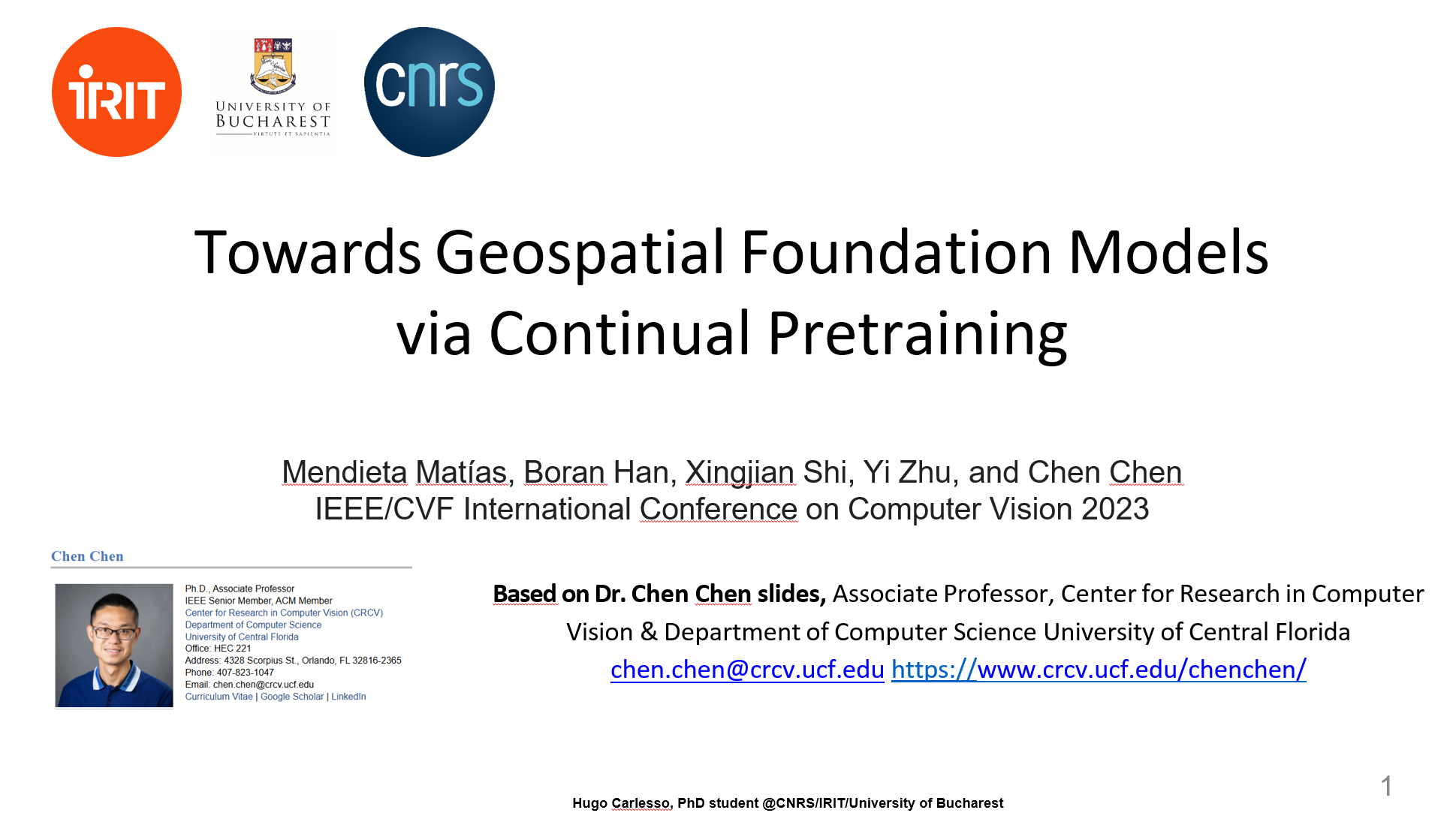
Paper presentation: “Towards Geospatial Foundation Models via Continual Pretraining“
🧑 Hugo Carlesso (IRIT, FR)
📅 Thu. 28 Nov. 2024
📍Thesis room, IRIT – Toulouse (France)
On October 28th, Hugo Carlesso presented the paper Towards Geospatial Foundation Models via Continual Pretraining as a rehearsal for the upcoming Bucarest University’s AI Reading Group. This presentation provided insights into the challenges involved in building Foundation models for Earth Observation applications along with the architectural and training solutions that have been investigated by the papers authors to tackle these challenges.
Paper:
https://ieeexplore.ieee.org/abstract/document/10376630
AI4AGRI Upcoming Events

AI4AGRI Monthly meeting: December
📅 Tue. 10 December – 10:00 (Fr/It time) | 11:00 (Ro time)
Related Upcoming Events
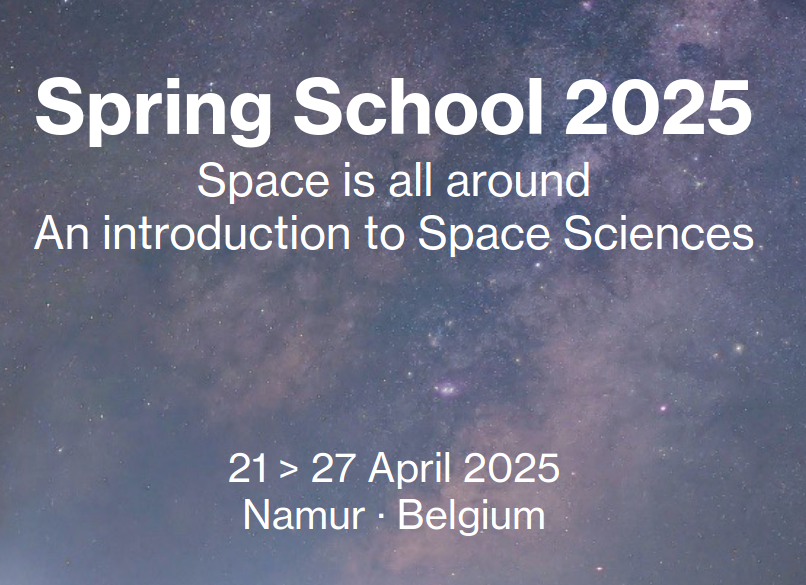
UNIVERSEH Spring school 2025: Space is all around; An introduction to Space Sciences
📅 Mon. 21 – Sun. 27 April 2024
📍1: University of Namur, Namur, Belgium
📍2: Euro Space Center, Libin, Belgium
“The spring school is oriented towards a large audience, gathering STEM or non-STEM students, to allow them to discover some of the many faces of the space sector.
The Spring School will be given in English. For external students that are not following the astronomy lecture (SMAT B213), preliminary online events will be provided for settling the context and some basic scientific knowledge about space.
The Spring School will include plenary general conferences on various topics (space law, medicine, rocketry, satellite operations, cybersecurity, etc.), team-building activities inspired by astronaut training at the Euro Space Center (the only space-themed park in Europe), visits of the ESA Academy facilities and ESEC-Redu station, a cosmicathon (team-based challenge around space mission design), planetarium and stargazing sessions, etc.”
Source: https://universeh.eu/events/spring-school-2025/
Registration schedule:
- Until 13/12/2024: Application deadline
- From 13/12/2024 to 17/01/2025: Students’ registration
- March – April 2025: Online sessions
- From 21/04/2025 to 27/04/2025: Spring School
Source: Email exchange
Latest AI4AGRI Publications
AI4AGRI partners are working on new publications
Related Publications
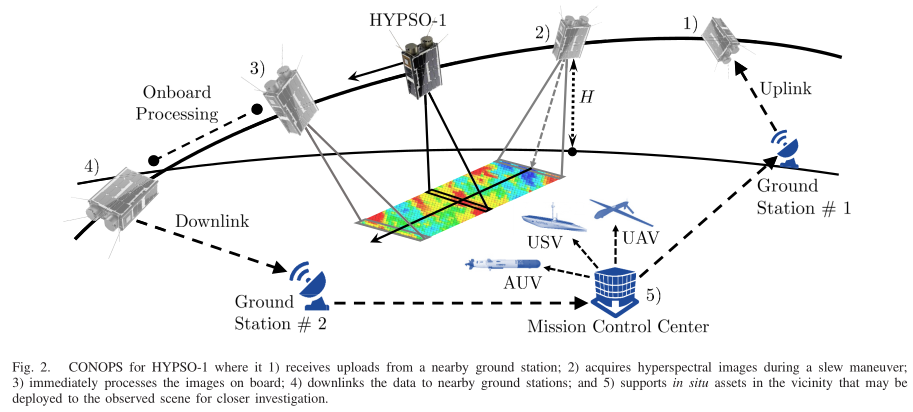
Ocean Color Hyperspectral Remote Sensing With High Resolution and Low Latency—The HYPSO-1 CubeSat Mission
📅 2023
🧑 Mariusz E. Grøtte; Roger Birkeland; Evelyn Honoré-Livermore; Sivert Bakken; Joseph L. Garrett; Elizabeth F. Prentice; Fred Sigernes; Milica Orlandić; J. Tommy Gravdahl; Tor A. Johansen
Understanding the complexities of satellite mission design can empower researchers in precision agriculture to more effectively leverage remote sensing technologies.
This paper outlines a systematic approach to satellite mission design, detailing the key stages, from setting objectives and selecting imaging modalities to ensuring data compatibility with advanced signal processing tools.
By grasping the full scope of these processes, researchers can better tailor their methodologies, enhancing the precision and utility of agricultural insights derived from satellite data.
Related in AI, Agriculture and Earth Observation
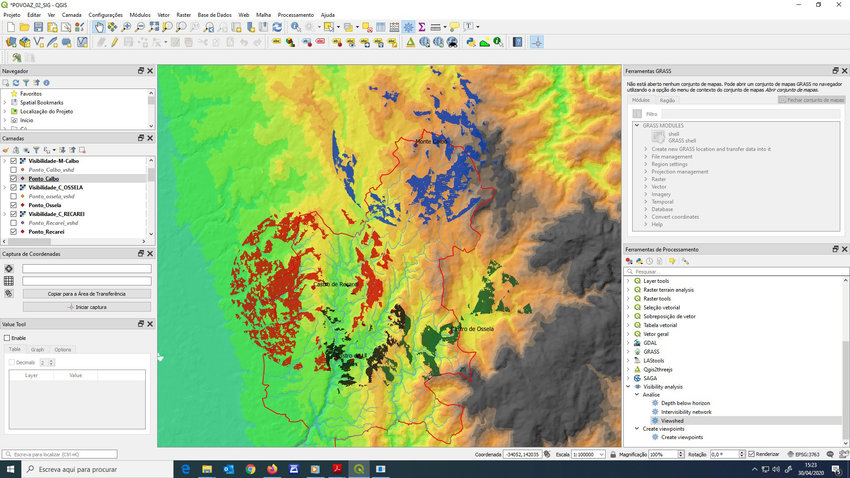
QGIS for Earth Observation Researchers
QGIS (Quantum Geographic Information System) is an open-source geographic information system designed for geospatial data visualization, editing, and analysis.
Compatible with Windows, macOS, and Linux, QGIS supports a wide range of data formats, including raster, vector, and database formats, making it ideal for Earth Observation (EO) applications.
Its graphical user interface enables users without programming experience to explore and analyze EO data, access advanced geospatial tools, and experiment with a variety of analytical workflows.
Additionally, QGIS has a robust plugin system, allowing users to extend its capabilities by installing plugins—many of which are developed and shared by the research community, offering specialized tools for tasks such as remote sensing, image classification, and temporal analysis.
QGIS could be highly beneficial for Earth Observation researchers, as it facilitates the analysis and visualization of geospatial and Earth Observation data related to crop health, soil conditions, and land use.
Source
Launch of the Space Career Launchpad: European Opportunities for Aspiring Space Professionals
The European Commission’s DG DEFIS has launched the Space Career Launchpad, a new initiative designed to connect students and young professionals with internships and entry-level positions in the European space sector. This platform serves as a central hub for those interested in careers in space, particularly in areas like Earth Observation, providing streamlined access to job listings, application tips, and resources for navigating the industry.
Sources
https://earsc.org/2024/11/05/space-careers-launchpad
https://spacecareers.starseu.net/
Related Internships & Job Offers
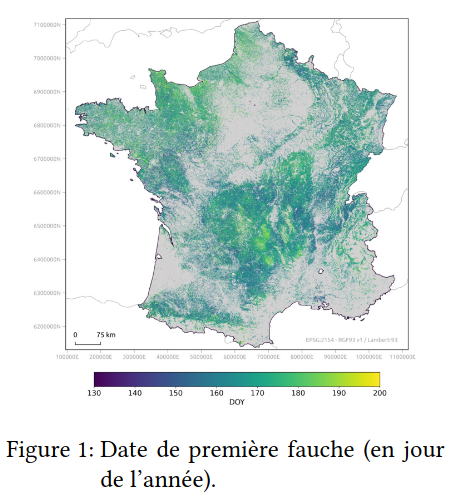
Internship offer: Monitoring of Pastures by Satellite Remote Sensing and Hybrid Learning
📍CESBIO – Toulouse (France)
The objective of this internship is to study the response of pastures and hay meadows to climate change on an experimental farm using a hybrid approach combining modeling, remote sensing, and artificial intelligence (AI).
The internship is offered at CESBIO in Toulouse (FR) for a duration of 6 months in the first semester of 2025. Supervision will be shared by Mathieu Fauvel (Researcher at INRAE, CESBIO, Toulouse) and Julien Pottier (Researcher at INRAE, UREP, Clermont-Ferrand).
Source
https://www.cesbio.cnrs.fr/offre-de-stage-suivi-des-prairies-par-teledetection-satellitaire-et-apprentissage-hybride/
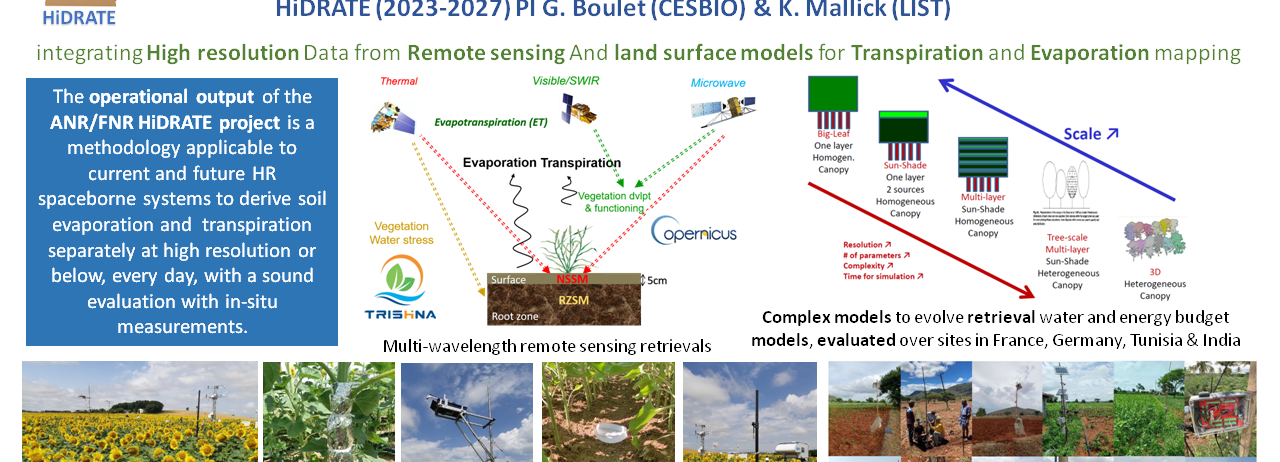
📍CESBIO – Toulouse (France); French-Indian Water Science Research Cell – Bangalore (India)
This six-month internship is offered as part of the TRISHNA space mission, scheduled for launch in 2026. The internship will be based in the CESBIO Laboratory and the French-Indian Water Science Research Cell.
The primary objective is to determine the optimal method for temporal interpolation of the Evapotranspiration product provided in Level 2 between two clear-sky acquisitions of satellite images to deliver a daily Level 3 product.
Source
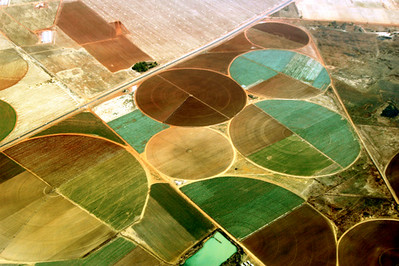
📍CESBIO – Toulouse (France)
This internship aims to assess the spatial and temporal variability of surface soil organic carbon (SOC) in agricultural fields, a critical aspect in achieving carbon neutrality through land management practices. Using data from the OSR SO network, which includes farms employing diverse crop rotations and cultural practices
The project will start with a literature review, followed by an analysis of SOC measurements collected during past experimental campaigns. Leveraging Sentinel-2 satellite imagery with machine learning algorithms, the study will predict SOC distribution and explore correlations between SOC variations and vegetation development over crop cycles.
Source
The AI4AGRI project received funding from the European Union’s Horizon Europe research and innovation program under the grant agreement no. 101079136.
Publishing managers: J. Mothe & S. Molina, UT3 & UT2, IRIT, France


